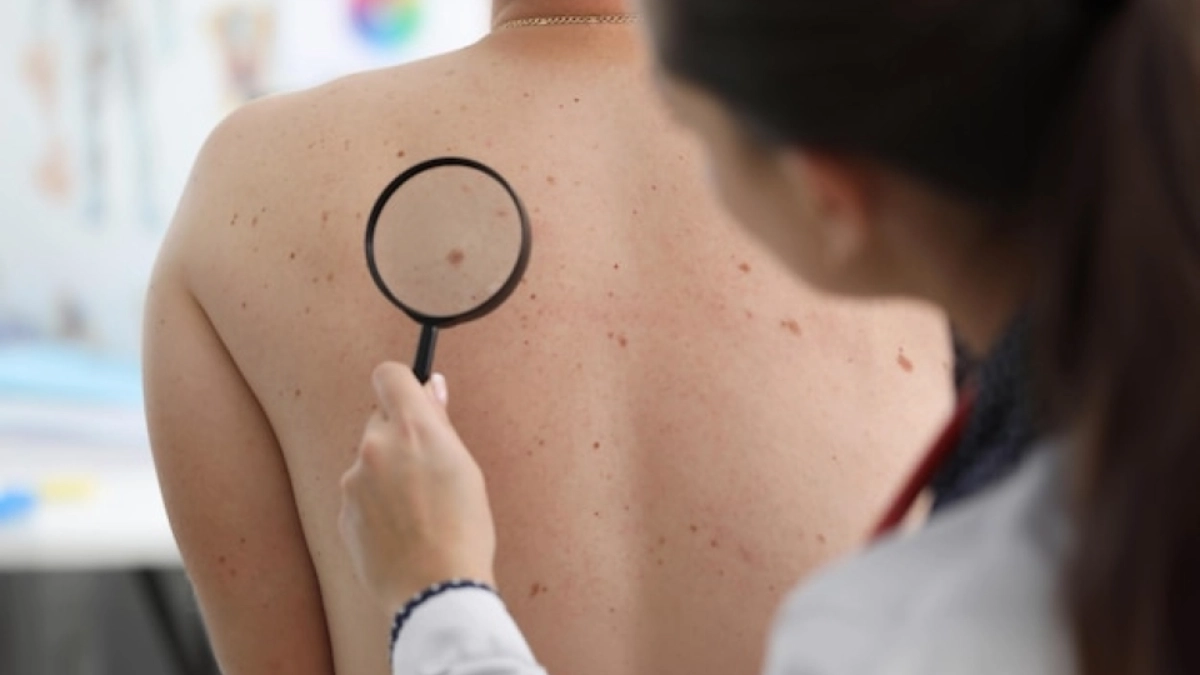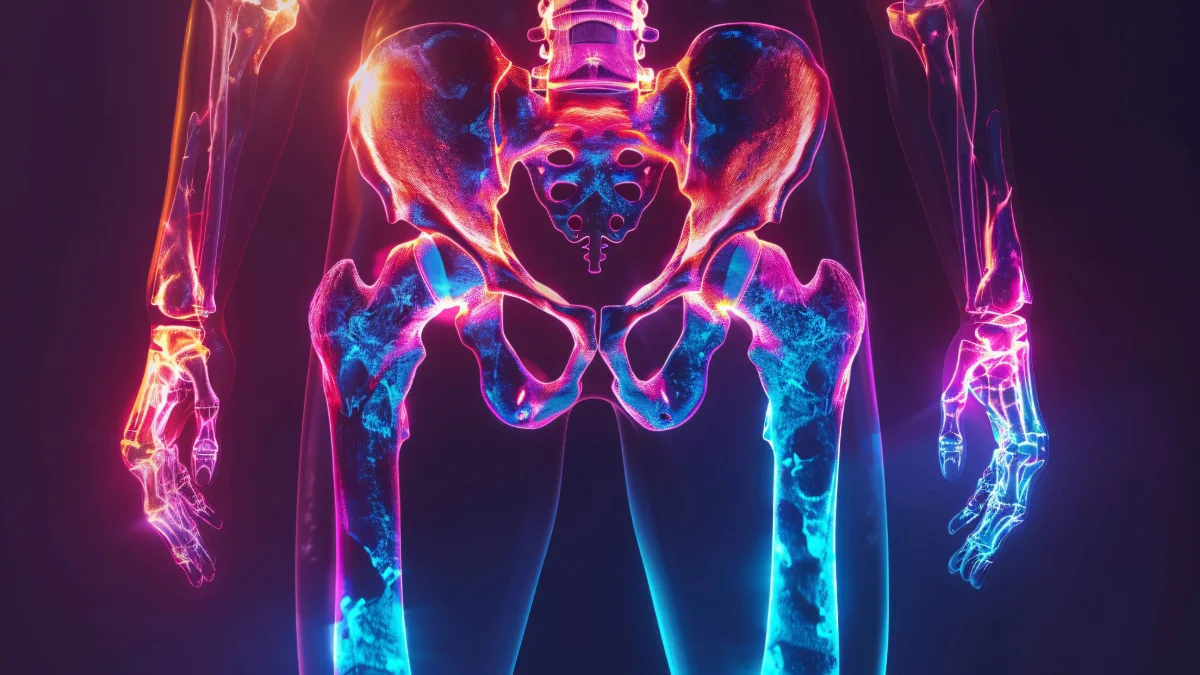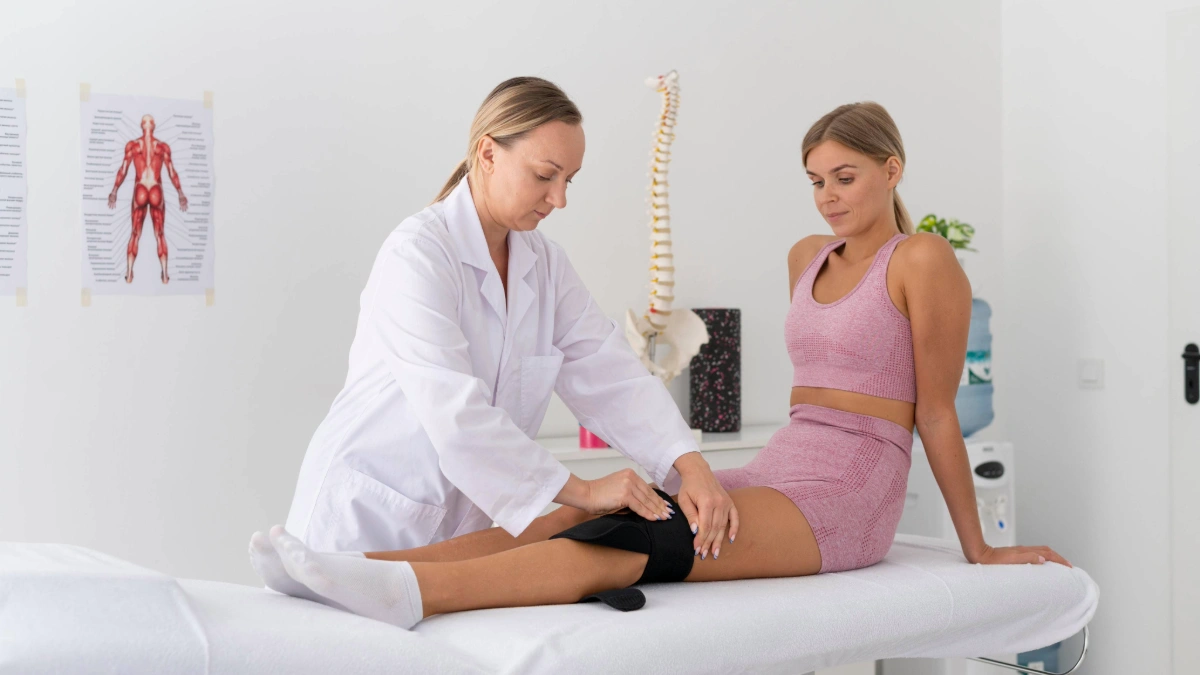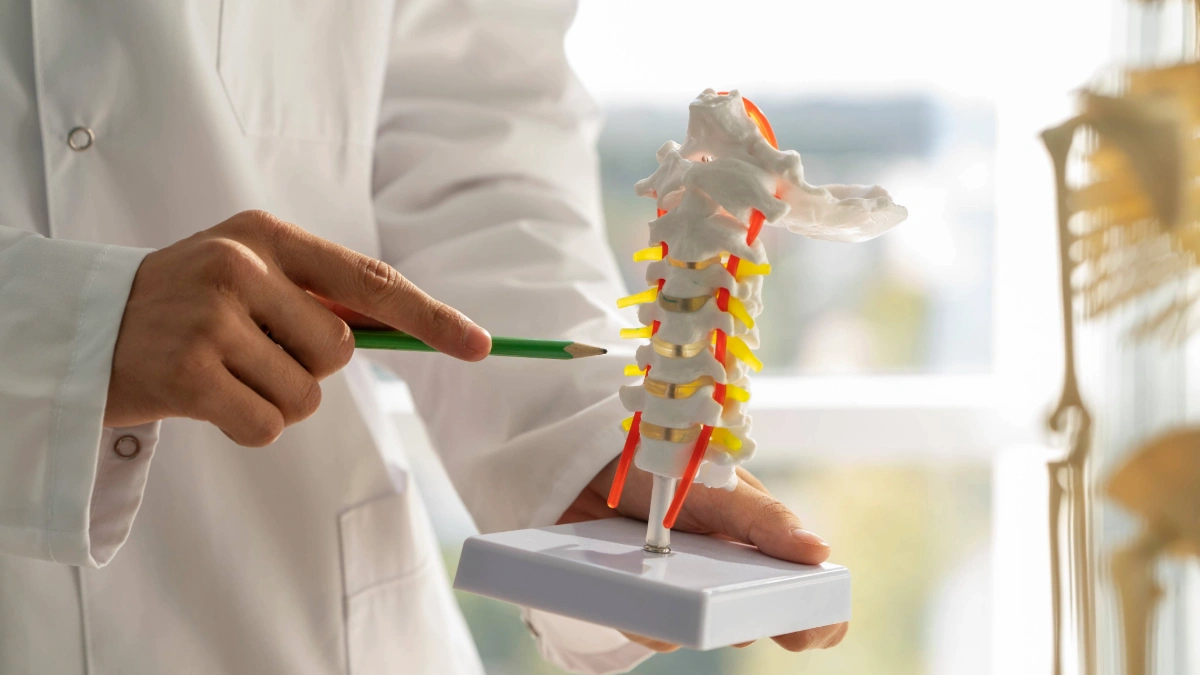Skin cancer treatment in Turkey offers advanced medical care, modern technologies, and cost-effective solutions. We will provide information on the benefits, diagnostic procedures, types of skin cancer treatment, innovative therapies, and costs associated with skin cancer treatment in Turkey.
General Information About Skin Cancer
Skin cancer is a significant health concern, manifesting when malignant cells form in the skin tissues. Several types of skin cancer exist, with basal cell carcinoma and squamous cell carcinoma being the most prevalent. Factors such as having a fair complexion and prolonged exposure to sunlight increase the risk for these cancers. Recognizing and diagnosing these conditions early significantly impacts prognosis and treatment outcomes.
Anatomy of the Skin
The skin is the body’s largest organ, providing protection and assisting in temperature regulation. It consists of two main layers: the epidermis (outer layer) and the dermis (inner layer). Skin cancer typically begins in the epidermis.
Different Types of Skin Cancer
Basal Cell Carcinoma and Squamous Cell Carcinoma
Basal and squamous cell carcinomas are the most common nonmelanoma skin cancers. They often appear as changes in the skin, such as sores that do not heal or areas that are raised, smooth, and shiny.
Actinic Keratosis
Actinic keratosis is a precancerous condition that sometimes progresses to squamous cell carcinoma. It typically appears as rough, scaly patches on the skin.
Melanoma
Melanoma, although less common, is more aggressive and likely to spread to other parts of the body. It appears as asymmetrical moles with irregular borders and multiple colours.
Skin Cancer Symptoms
Skin cancer symptoms can manifest in various ways depending on the type and stage of the cancer. Common symptoms include new growths or sores that do not heal, changes in existing moles, and the appearance of unusual skin changes such as rough, scaly patches, or areas that are raised, smooth, and shiny. Melanoma, a more aggressive type, often presents as asymmetrical moles with irregular borders and multiple colours. Other warning signs include itching, tenderness, or bleeding in a new or existing mole.
Comprehensive Diagnostic Procedures
- Dermatoscopy: A non-invasive, thorough examination of the skin using a dermatoscope helps identify potential malignant changes.
- Biopsy: Includes histological analysis of moles and suspicious skin areas. For melanoma, sentinel lymph node biopsy is often conducted.
- Imaging: MRI, CT, and PET-CT scans with contrast dyes are used to detect metastases.
Benefits of Rapid and Accurate Diagnosis
Diagnosis processes in Turkey are swift, usually taking 1-3 days. Clinics offer comprehensive check-ups, providing accurate diagnostic details essential for effective treatment planning.
Melanoma Causes, Stages, and Prognosis
Causes and Risk Factors
Melanoma can be influenced by:
- Genetic predisposition
- Ultraviolet radiation exposure
- Injury to moles
- Hormonal changes and weakened immunity
Staging and Prognosis
Melanoma is staged using the TNM system:
- Stage 0: Tumor limited to the epidermis.
- Stage I: Tumor up to 2 mm, no metastases.
- Stage II: Tumor up to 4 mm, deeper dermis penetration.
- Stage III: Involving lymph nodes or adjacent tissues.
- Stage IV: Metastasis to distant organs.
Skin Cancer Treatment Success Rate
The skin cancer treatment success rate varies based on the type and stage of the cancer at diagnosis, as well as the chosen treatment method. Nonmelanoma skin cancers, such as basal cell carcinoma and squamous cell carcinoma, generally have high success rates when treated early, often exceeding 90% cure rates. Melanoma, although more aggressive, can also have high success rates if detected and treated in the early stages. Advanced treatments, including targeted therapy and immunotherapy, have significantly improved outcomes for more advanced stages of skin cancer. Overall, early diagnosis and prompt, appropriate treatment are key to achieving the best possible success rates.
Why Choose Turkey for Skin Cancer Treatment?
Turkey has become a preferred destination for skin cancer treatment due to several key advantages:
- Accredited Medical Centers: Numerous oncology and dermatology centres in Turkey hold international JCI accreditation, ensuring patient safety and high standards of care.
- Advanced Protocols: Treatment protocols in Turkey align with American standards, deemed the most effective by the WHO.
- State-of-the-Art Technology: Clinics, such as those in the Acibadem network, utilize advanced technologies like the Fotofinder video dermatoscopes.
- Expert Medical Staff: Turkish doctors, including those at Sisli Memorial Clinic, have substantial training and experience, often obtained through international fellowships.
- Cost-Effectiveness: Treatment costs in Turkey are significantly lower (30-40% less) than in countries like Spain and Germany.
- Accessibility: Turkey is geographically accessible with affordable flights and flexible visa requirements for many countries.
- Rehabilitation Environment: A pleasant climate and comfortable accommodations facilitate faster recovery.
Combined Therapies for Advanced Stages
- Radiation Therapy: IMRT technique to destroy residual cancer cells.
- Targeted Therapy: Drugs targeting BRAF mutations.
- Immunotherapy: Enhances the patient’s immune response to cancer.
- Chemotherapy: Used for widespread metastases to improve quality of life.
Side Effects of Skin Cancer Treatment
Side effects of skin cancer treatment can vary widely depending on the specific type of treatment administered. Common side effects include skin irritation, redness, and swelling at the site of treatment, particularly after surgery or radiation therapy. Patients undergoing chemotherapy might experience nausea, vomiting, hair loss, and fatigue due to the impact of the drugs on both cancerous and healthy cells. Targeted therapy and immunotherapy, while often more precise in attacking cancer cells, can still cause side effects such as rashes, diarrhoea, and immune-related reactions including inflammation of organs like the liver and lungs.
Skin Cancer Treatment Costs in Turkey
Factors Influencing Cost
- Disease Stage: Early stages are less costly to treat.
- Procedures: More complex treatments increase overall costs.
- Surgical Volume: Larger surgeries or multiple interventions cost more.
Conclusion
Choosing skin cancer treatment in Turkey means opting for world-class medical care, cutting-edge technologies, and experienced professionals, all while enjoying a more affordable cost compared to other countries. At Avicenna International Hospital, we pride ourselves on providing exceptional care, personalized treatment plans, and a patient centered approach that ensures you receive the highest standard of medical attention. Our modern facilities and highly qualified medical team are dedicated to supporting you every step of the way to recovery.
If you are considering skin cancer treatment in Turkey, please contact us at Avicenna International Hospital. We are here to assist you with any questions you may have and guide you through the entire process, from diagnosis to complete recovery.
Treatment options include surgical procedures (such as Mohs micrographic surgery and wide excision), radiation therapy (IMRT), targeted therapy, immunotherapy, chemotherapy, and innovative methods like CAR-T therapy.
To arrange treatment, contact medical coordinators at Avicenna International Hospital or similar reputable institutions. They will help organize your medical documents, book consultations, arrange travel, and provide continuous support during your stay.
The most common treatment for skin cancer is surgical excision, which involves removing the cancerous tissue along with a margin of healthy tissue.







